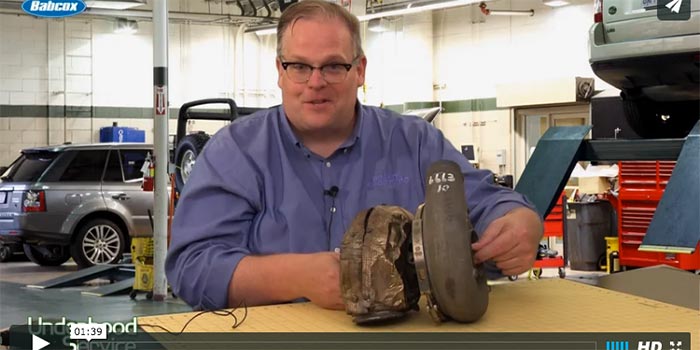iNTECH Releases 2009-’13 LS9 Corvette Cold Air Intakes And Carbon Fiber Covers
The cold air intakes are designed specifically for 6.2L LS9-powered 2009-’13 C6 Corvettes, and two different covers are available for C6 Corvettes – one for 2008-’13 Corvettes with LS3 engines and one for 2009-’13 Corvettes with LS9s.
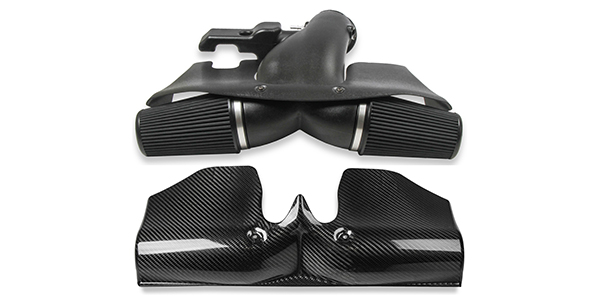
The Oil And Carbon Deposit Connection
Oil is made of carbon atoms. The oil in the crankcase is a highly refined carbon-based substance that is found in long chains with strong bonds that are typically uniform in size and shape. They work well together to lubricate the engine and protect the bearings, as they are engineered to withstand extreme temperatures.
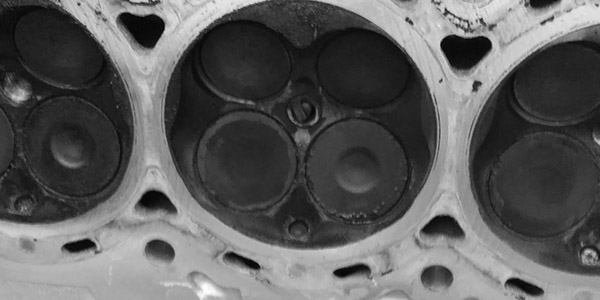
GDI System Maintenance: Preventing Misfires & Carbon Buildup On Intake Valves
Although GDI appeared in some post-World War II two-cycle engines and in some high-end performance engines, it didn’t come into its own for passenger car use until around 2008 when high-speed computing and piezoelectric fuel injectors turned GDI into a practical reality.
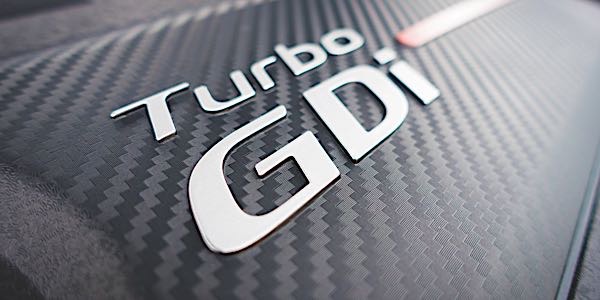
Curing Carbon Deposits On Direct Injection Engines
Direct injection improves fuel economy by injecting the correct amount of fuel for the conditions in the combustion chamber. But, it is not a perfect science: Carbon deposits can form on the intake valves, piston and other surfaces in the combustion chamber.
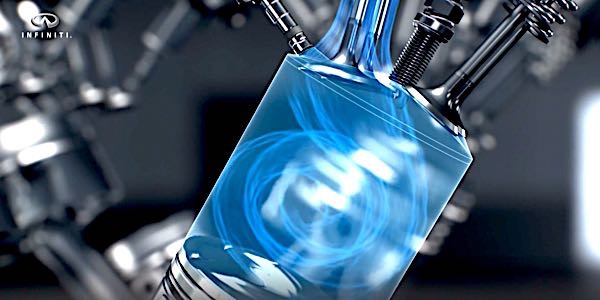
VIDEO: Carbon Or Charcoal Activated Cabin Air Filters
Andrew Markel explains how carbon- or charcoal-activated cabin air filters are better for the health of your customers. Sponsored by MAHLE.
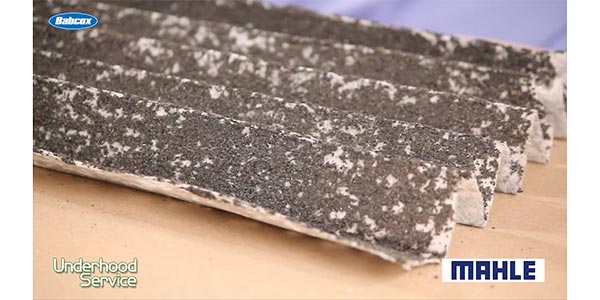
VIDEO: Gasoline Direct Injection (GDI) Carbon Deposits And The Synthetic Oil Connection
Conventional oil that has high volatility will cause more vapors and make carbon deposits worse. Synthetic oil with low volatility can reduce vapors and prevent carbon from forming on the valves. Sponsored by Auto Value and Bumper to Bumper.
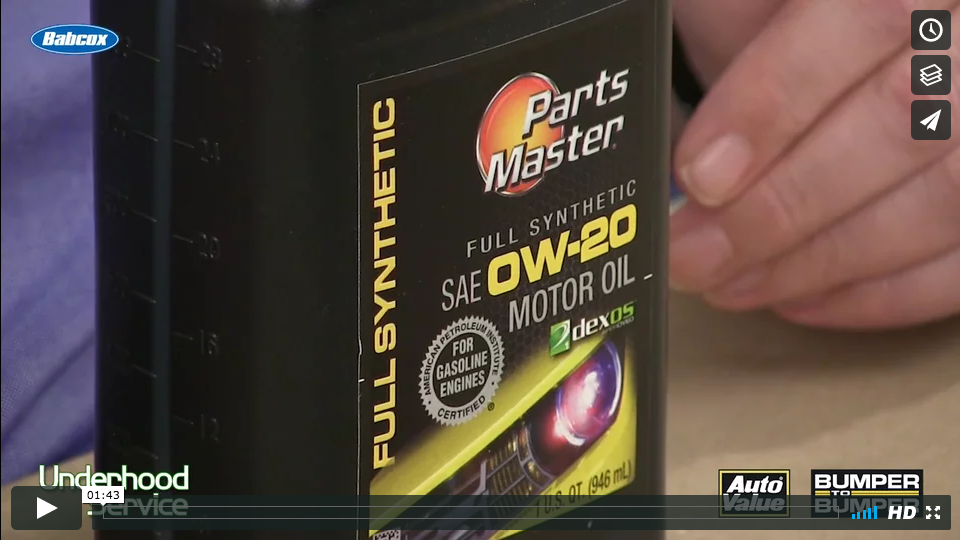
Clean Carbon From Intake Valves With Lang Tools Fuel Injection Cleaner
Lang Tools offers its Fuel Injection Cleaner (TU-470B) with two gauges that enable a technician to check the vehicle fuel pressure with the right-side gauge, and then easily set cleaning pressure with the left-side gauge by referring to vehicle fuel pressure on the right side gauge.
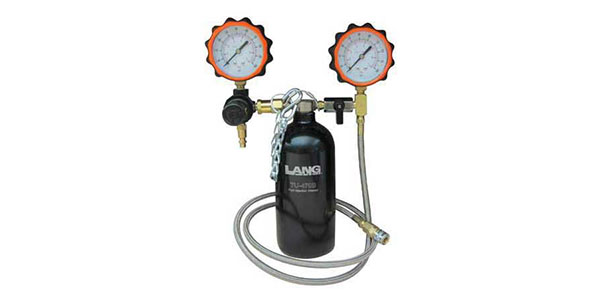
VIDEO: Carbon Deposits On Direct Injection Engines
Jon Nelson explains why carbon deposits happen and how to diagnose misfires and clean intake valves.
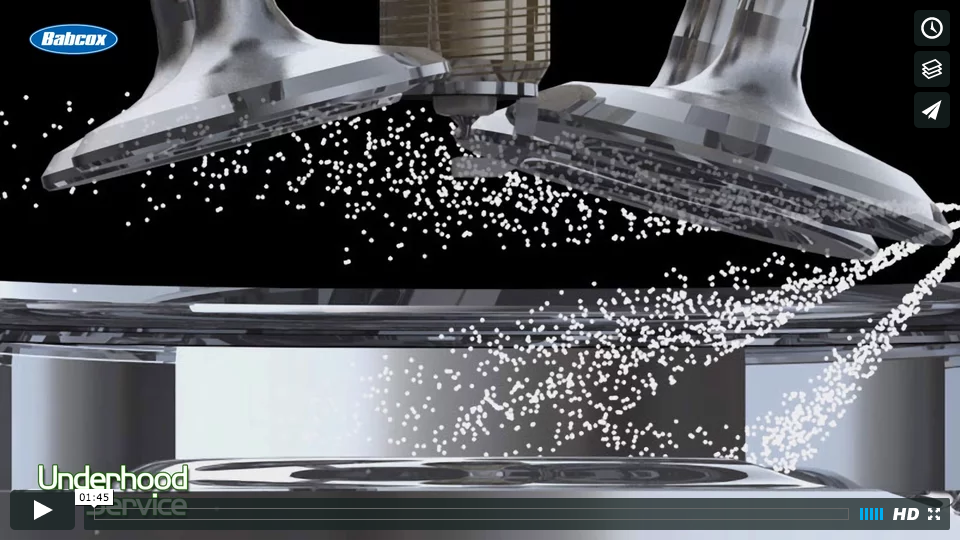
Audi: Oil Consumption And Carbon Buildup
Carbon and fuel problems with the 2.0L FSI engine have multiple causes, symptoms and solutions. While there is not a single TSB from Audi that clearly outlines the problem, you can connect the dots to realize the problems with oil consumption that damage the top end of the engine and cause carbon buildup.
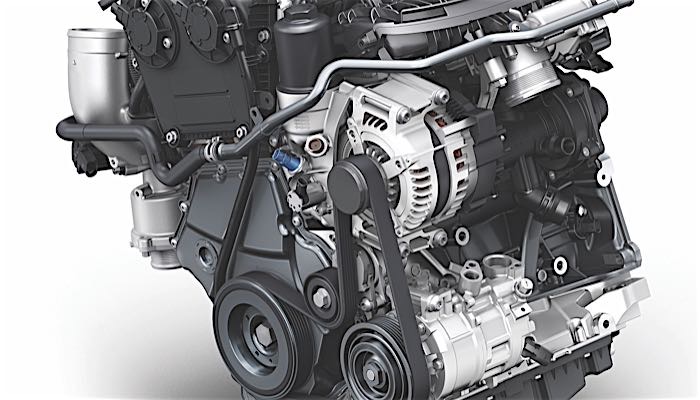
VIDEO: Turbochargers and Carbon Deposits
Andrew Markel explains the importance of taking extra steps to keep from damaging the turbocharger during a regular induction cleaning.
